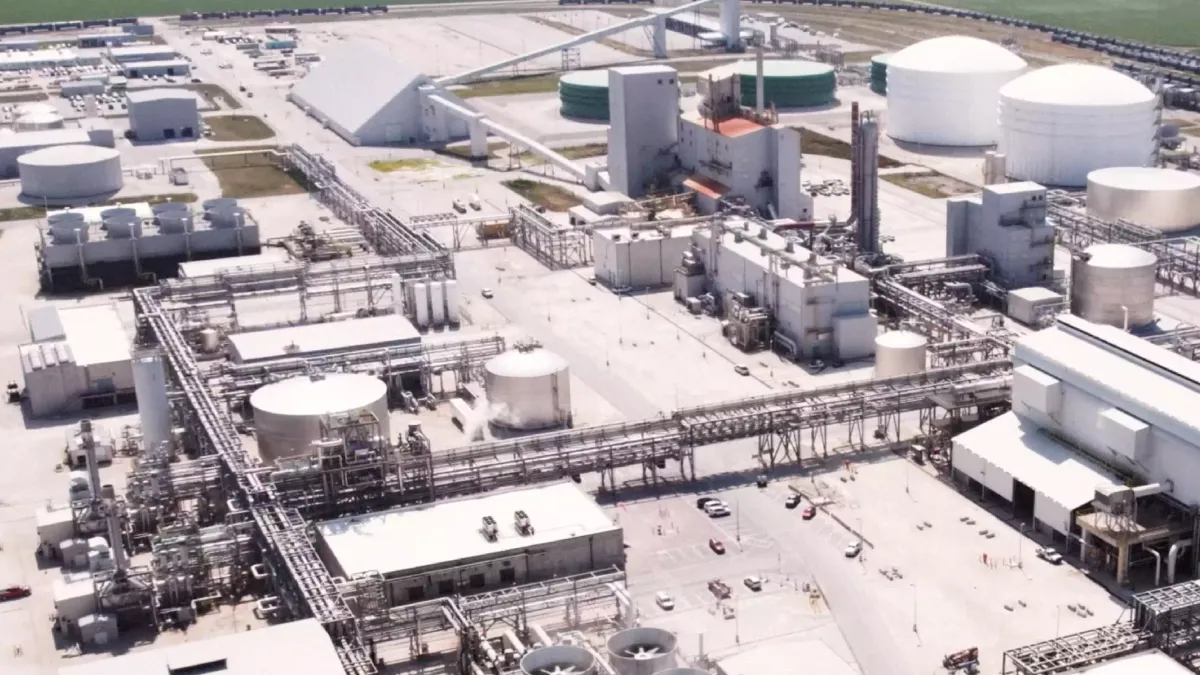Koch Ag & Energy Solutions said last week it completed a $3.6 billion acquisition of an Iowa fertilizer plant — a deal that sparked concerns from farmers over its potential to shrink an already consolidated market.
The purchase of OCI Global's facility in Wever, Iowa, gives Koch control of what was one of the largest fertilizer plants in the world when it was built in 2017. The plant has the capacity to produce 3.5 million metric tons of nitrogen fertilizers and diesel exhaust fluid annually, according to a release.
The sale to Koch, Inc., one of four companies controlling 75% of the nitrogen-based fertilizer market, has proved controversial both in Iowa and among farmers more broadly. The plant received more than $500 million in subsidies, and was built on the premise of increasing competition in the fertilizer industry. A former Iowa governor made a case for the facility in 2013 by saying it would be a threat to Koch’s hold on the market.
Koch said the facility will allow it to reach new customers in the eastern U.S. and adds to a $2 billion investment in North American production facilities to enhance reliability and increase fertilizer supply. The company will retain 300 plant employees as part of the acquisition.
"This acquisition marks another significant investment in the growth of our fertilizer business," Mark Luetters, president of Koch Ag & Energy Solutions, said in a statement. "This investment enhances our ability to serve customers long-term by providing additional flexibility to adapt to their nitrogen preferences."
In February, Iowa lawmakers urged the Justice Department to block the transaction, with national farm groups writing in a letter that the deal would mean taxpayers "effectively subsidized the expansion of Koch’s control over a critical and heavily concentrated sector of our agricultural economy."
"While we would harbor grave concerns about any acquisition that further consolidates an agricultural sector as concentrated and as critical as fertilizer, those concerns are much more serious given this deal involves hundreds of millions in taxpayer dollars," according to the letter signed by the National Farmers Union, among other groups.
Consolidation in the fertilizer industry emerged as a major concern for farmers during the pandemic, when supply challenges led to significant price increases due to the war in Ukraine. The Biden administration has moved to grow competition in the space through investments in domestic fertilizer manufacturers, most recently doling out $35 million to encourage increased production.











